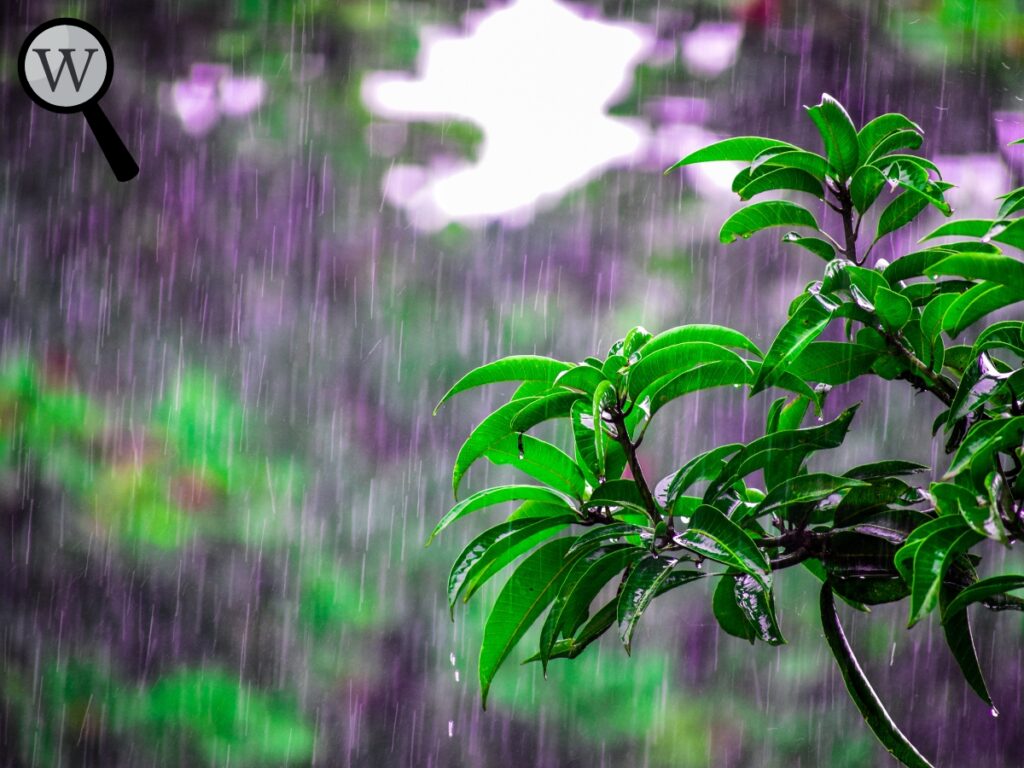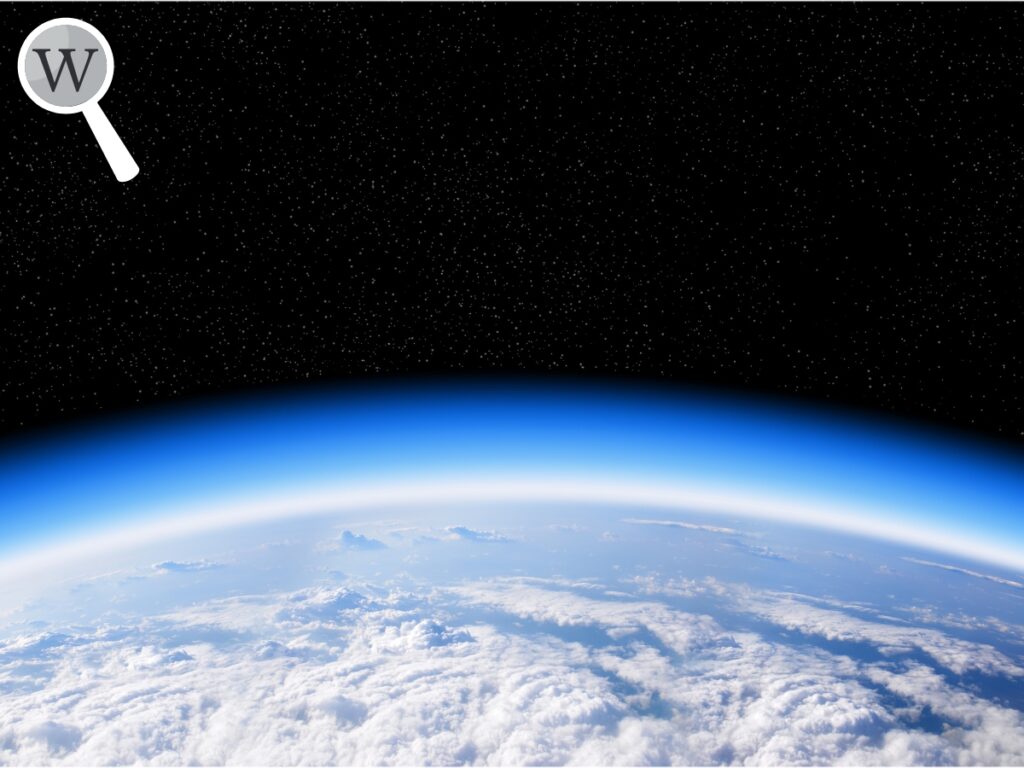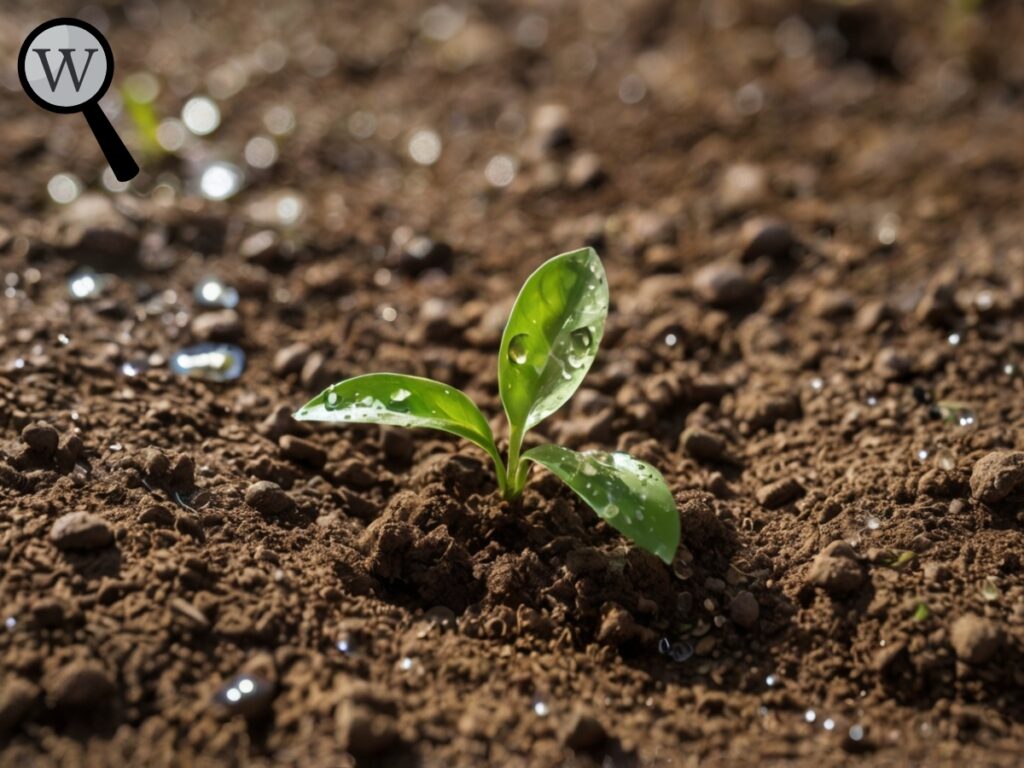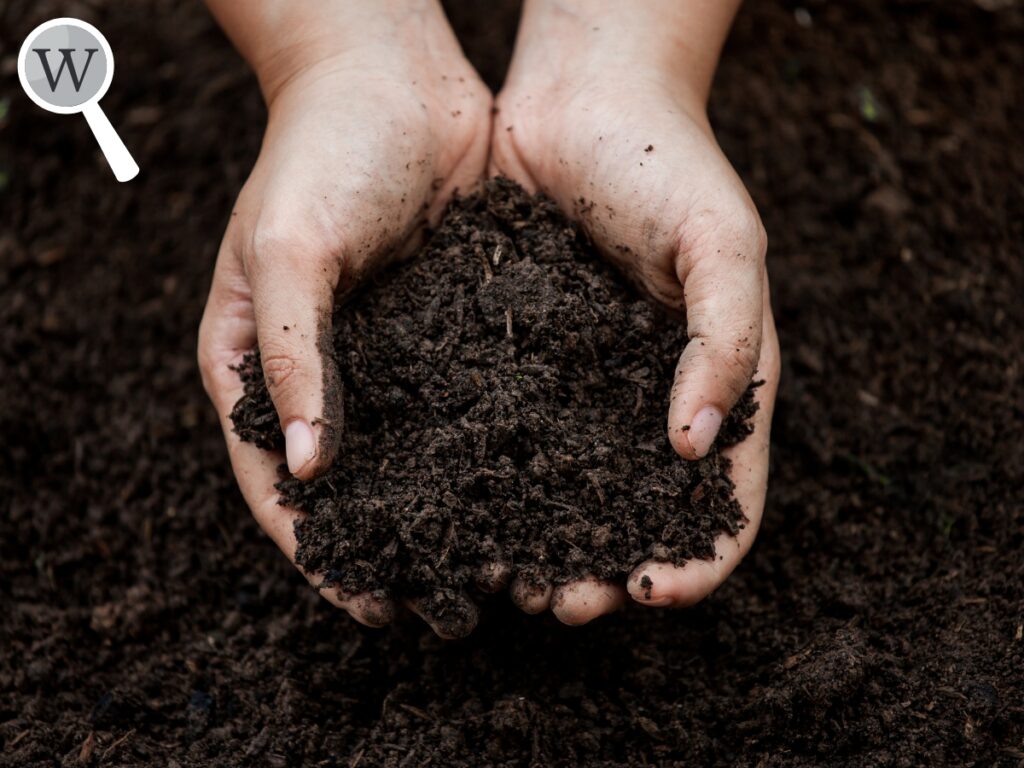
There’s something incredibly comforting about the smell of rain. That familiar, earthy fragrance has the power to transport us back to childhood memories, spark emotions, and even relax our minds. But what exactly causes this magical aroma, and why are we so drawn to it?
Table of Contents
What Causes the Smell of Rain?
Have you ever wondered why the smell of rain is so distinct and instantly recognizable? That refreshing, earthy aroma that fills the air just before or after rainfall isn’t a single scent—it’s actually a fascinating blend of natural elements and reactions taking place in our environment.
When raindrops fall, especially after a long dry spell, they do more than just wet the ground. They interact with soil, rocks, plants, and even the atmosphere. This process releases a complex mix of particles and chemical compounds into the air, which our noses pick up as the familiar smell of rain.
Here are the three main components that contribute to this unique and comforting scent:
1. Ozone – A Clean, Fresh Aroma from Above

Sometimes, you can smell rain even before it arrives. That sharp, almost metallic scent in the air is caused by ozone, a molecule made up of three oxygen atoms. Ozone is typically found in the upper layers of the atmosphere, but during a thunderstorm, lightning can split oxygen molecules, causing them to recombine into ozone.
Air currents then carry these ozone molecules down to ground level, where we can smell them. Ozone’s clean and slightly sweet scent is often the first sign that a storm is approaching.
2. Petrichor – The Earthy Scent of Rain on Dry Soil

This word might sound poetic — and it is. It was coined in 1964 by two Australian researchers who wanted to name the pleasant smell that follows the first rain after a dry period.
Petrichor is the result of plant oils that accumulate on surfaces like rocks and soil during dry weather. When rain falls, it disturbs these oils, which are then released into the air. These airborne oils combine with other elements in the soil, adding depth to the rain’s aroma.
Interestingly, this scent tends to be strongest after a long dry spell, because that’s when the most plant oils have collected on the ground.
3. Geosmin – The Bacterial Touch

Perhaps the most important player in the smell of rain is a compound called geosmin. This organic substance is produced by soil-dwelling bacteria known as actinomycetes. These microorganisms release geosmin as they break down organic matter in the soil.
When it rains, especially on dry, dusty ground, geosmin is kicked up into the air by the impact of raindrops. Humans are incredibly sensitive to the smell of geosmin — even in minute concentrations. Some scientists believe our sensitivity to this scent is evolutionary, helping early humans detect water sources.
Geosmin gives the smell of rain its signature earthy, almost musky undertone.
Smell of Rain and Human Emotions

This smell can trigger a wide range of emotions and memories. For many, it evokes a sense of calm, nostalgia, or even joy. Studies show that our olfactory system is directly linked to the part of the brain responsible for memory and emotion.
So, every time it rains, that nostalgic smell might remind you of a cozy day indoors, your childhood garden, or walking hand-in-hand with someone special.
Scientific Name for the Smell of Rain
“Petrichor” is the name scientists gave to the smell of rain in the 1960s. It’s a combination of oils secreted by plants and chemicals from soil-dwelling bacteria.
Fun fact: the human nose is incredibly sensitive to geosmin, one of the main components of petrichor. We can detect it in concentrations as low as 5 parts per trillion!
Learn more about petrichor from Wikipedia.
Can You Bottle the Smell of Rain?

People have tried to capture the smell of rain in perfumes and essential oils. While it’s difficult to recreate the exact scent, some products come close by blending earthy tones, vetiver, and ozone notes.
However, part of the charm lies in the real experience — stepping outside after a long dry spell and breathing in that natural aroma.
Smell of Rain in Different Cultures
The smell of rain is something humans around the world recognize, but the way it’s perceived can differ based on culture and environment. In many cultures, rain is seen as a blessing — a sign of renewal and cleansing. That earthy fragrance that rises from the ground is often associated with hope, abundance, and a fresh start.
In rural parts of India, for example, the scent of the first rain — locally known as “mitti ki khushboo” — is deeply cherished. It’s often romanticized in poetry and music, and it symbolizes relief after long months of dry heat.
Indigenous Australian communities have long understood the scent of rain, too. In fact, Aboriginal people could “smell” oncoming rain before it arrived, using their highly tuned sense of smell to detect changes in the environment.
Why We Notice the Smell More After a Dry Spell
You might have noticed that the smell of rain is more pronounced after a long dry period. This is because during dry weather, oils from plants accumulate on surfaces like rocks, soil, and leaves. When it finally rains, the water releases these oils into the air, along with geosmin from the soil.
Our noses are incredibly sensitive to geosmin — some scientists believe we evolved to detect it as a way to locate water sources. This could explain why we find the smell not just pleasant, but strangely satisfying.
Smell of Rain in Art and Literature
The smell of rain has inspired countless works of art, music, and literature. Writers use it to set a mood or evoke emotion — often describing the scent as calming, romantic, or even melancholy.
It’s a symbol of emotional release, new beginnings, or inner peace. Painters and musicians also try to capture the feeling of rain — not just how it looks or sounds, but how it smells. It’s amazing how a scent can spark creativity across so many mediums.
Health Benefits of Rain’s Aroma
Although rain itself doesn’t have magical healing properties, the smell of rain can indirectly benefit our well-being. The calm, relaxed feeling it creates helps reduce stress, lowers anxiety, and enhances mood.
Some people even report better sleep and increased focus after a good rain shower. It’s no surprise that many relaxation apps and playlists include “rain sounds” — it’s one of nature’s most soothing experiences.
Is the Smell of Rain Disappearing?
Unfortunately, rapid urbanization and environmental damage are affecting the natural aromas we once took for granted. As cities grow and natural spaces shrink, the delicate balance that creates the smell of rain may fade.
Preserving our environment doesn’t just protect plants and animals — it also protects the sensory experiences that connect us to nature. Every time we smell rain, it’s a reminder of how intertwined we are with the earth.
Quick Video: The Magic Behind the Smell of Rain
Want to discover why rain smells so amazing in under 60 seconds? Watch this short video that breaks down the science and beauty behind the smell of rain — from ozone in the air to the earthy petrichor and geosmin released from the soil. Perfect for a quick nature fix!
Conclusion: Why it’s Matters
The smell of rain is more than just a natural scent — it’s a powerful emotional and sensory experience. Whether it’s the soothing effect, the scientific wonder, or the nostalgic memories it stirs, this aroma holds a special place in our hearts.
So next time you catch that lovely scent in the air, take a deep breath and enjoy nature’s aromatic gift.
Check out more interesting reads on our Topics!





